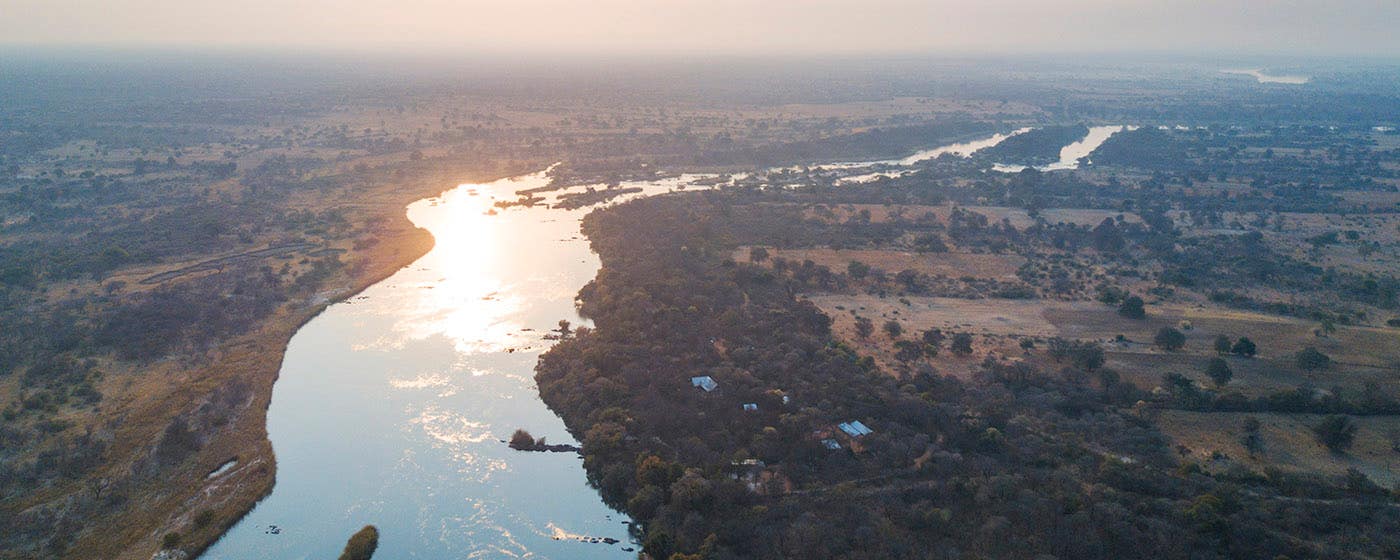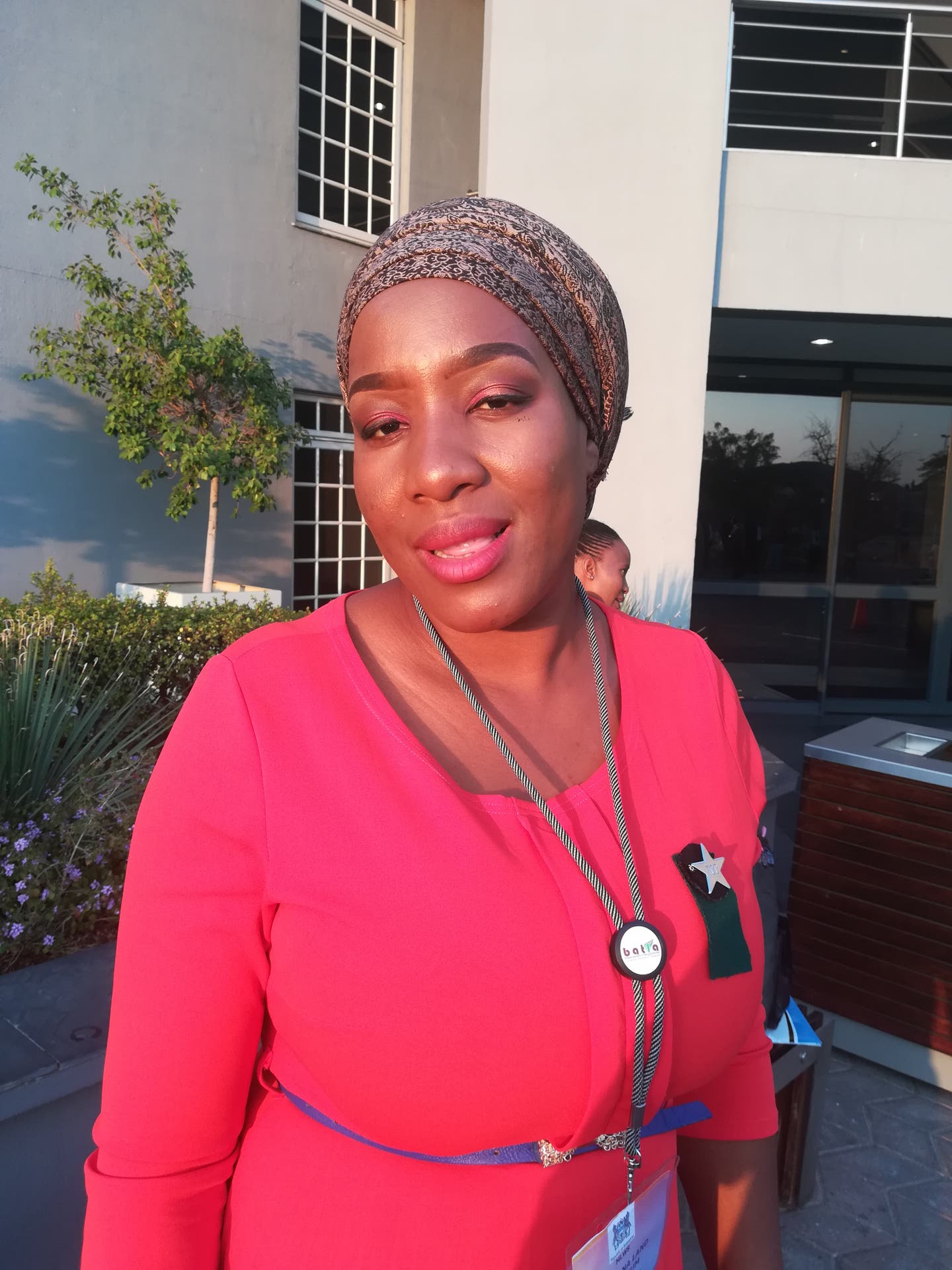Diphetogo Anita Lekgowa is a San woman from the Okavango Delta in Botswana, and she’s working to save the Okavango for future generations. She is a passionate advocate for Indigenous women and girls and San communities in Botswana. Anita has dedicated her career to improving and protecting the traditional knowledge and livelihoods of San communities.
In addition to founding “Tane Ko Teemahane Women’s Foundation” in Khwai village, serving as the former vice president of Nhabe museum and representing Indigenous peoples in international forums, Anita is the gener representative for Southern Africa for the Indigenous Peoples of Africa Coordinating Committee (IPACC). As part of her work for IPACC, the largest Indigenous peoples network in the world, she works to promote climate justice, human rights and women’s rights, as well as ensure that Indigenous communities are not excluded from political and economic decisions.
“We are the voice of the voiceless in our community,” says Anita.
She meets with representatives from 135 Indigenous organizations from 20 countries to discuss and address issues affecting them, and represents Indigenous communities at international meetings and conferences.
Since learning that the government of Namibia had granted licenses to a Canadian oil and gas company to explore for oil and gas in the Okavango River Basin, Anita has been helping Indigenous communities in the region get information about the project and understand its possible ecological effects. The 13,200-square-mile lease area in the Kavango region of Namibia feeds directly into the Okavango Delta where Anita was born and raised.
“This worries us a lot because immediately if one channel or the other part of the Okavango is affected, the whole of the Okavango is going to be, whether it's in Angola, whether it's in Namibia or Botswana,” she says.
Many Indigenous leaders, including San community leaders, expressed that they were not properly consulted before drilling began. Anita wants communities to have the opportunity to make an informed decision about oil drilling and potentially fracking in the future.
“We’re teaching them about all the outcomes of the long-run, not just for the immediate,” explains Anita.
According to San communities, meetings with the government of Botswana and ReconAfrica primarily focused on economic opportunities and development opportunities that oil and gas would bring to the area.
“We’re saying no to oil, leave what’s underground, what belongs underground, leave it there,” she says. “Let’s find other sources that can bring development that can sustain livelihoods for everyone instead of damaging our natural resources.”
Top photo: The Okavango River. (Re:wild)
Wild Facts
The Okavango River Basin provides water for nearly 1 million people.
Nearly 2.5 trillion gallons of water flow into the Okavango Delta every year.
The Indigenous Peoples of Africa Coordinating Committee (IPACC) represents 135 Indigenous organizations from 20 countries.

